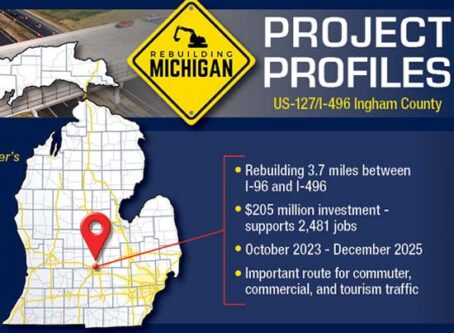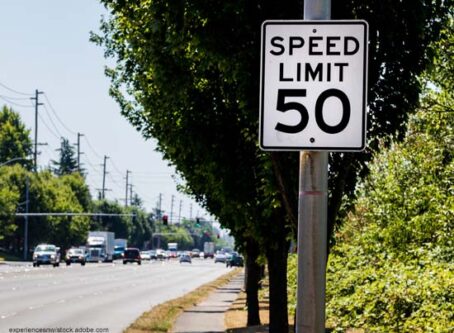Pennsylvania bill to limit use of license plate readers moves forward
An effort at the Pennsylvania statehouse to put into place restrictions on the state’s use of automated license plate readers has taken the first step toward passage.
The practice of tracking drivers’ movements through automated license plate readers, or ALPRs, has the attention of state officials in Pennsylvania and around the country. The devices are mounted on police vehicles, road signs or traffic lights.
High-tech cameras to capture the date, time and location that scanned vehicles passed are used in some capacity by about 600 local and state police departments and other state and federal agencies, according to the American Civil Liberties Union. Private business, such as repossession companies and vehicle insurance companies, also use the technology, which can capture about 1,800 images per minute.
Critics say use of the scanners amounts to warrantless searches. Supporters say the scanners are not intended to infringe on peoples’ privacy.
Pennsylvania law already permits police, as well as parking authorities and other nonlaw enforcement entities, access to the scanners.
The House Transportation Committee voted unanimously on Monday, Dec. 11, to advance a bill to specify who can use plate readers, how data can be collected, and the length of time data can be kept.
Sponsored by Reps. Greg Rothman, R-Cumberland, and Robert Matzie, D-Ambridge, the bill specifies that vehicle data could be kept for up to one year. At that time, captured data must be destroyed.
Data collected before the bill’s passage would be required to be destroyed within 60 days of the bill’s effective date.
Rothman says the data collected is an invaluable tool for law enforcement. He said the bill is to help ensure the information of Pennsylvanians is kept private if they are doing nothing wrong.
“The current technology of automated license readers is being used,” Rothman testified in committee. “This is a new chapter in the vehicle code that will restrict how that data can be used by governmental agencies. Heretofore, this bill will put in place limits that have not been in place.”
To date, at least 14 states have enacted rules relating to the use of ALPRs. Among the group, six states place restrictions on government or law enforcement use of the technology. Eight states limit how long data can be kept, and four states specify that data is exempt under public records laws.
The Pennsylvania bill, HB1811, awaits consideration on the House floor. If approved there, it would move to the Senate.
To view other legislative activities of interest for Pennsylvania, click here.









